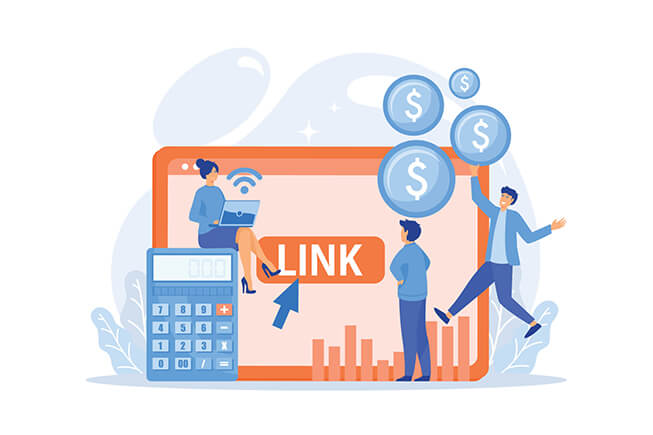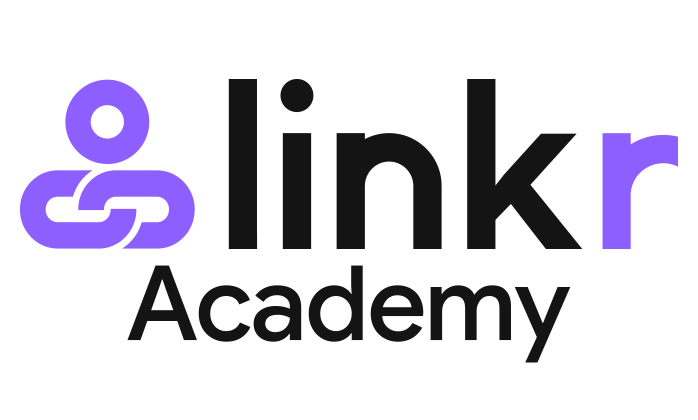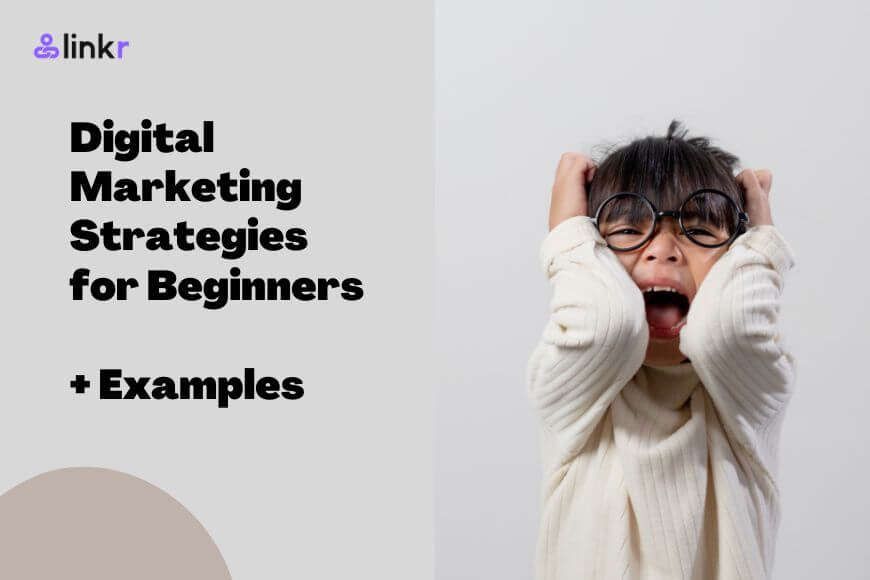10 Effective Digital Marketing Strategies for Beginners with Examples
Digital marketing has become an essential aspect of any business, providing numerous opportunities to connect with and engage the target audience. If you’re a beginner looking to make your mark in the digital landscape, here are ten effective digital marketing strategies to consider, along with examples of their successful implementation.
Table of Contents
1. Content marketing

Content marketing is an effective digital marketing strategy that shares valuable information with your audience instead of directly promoting your products or services. This type of marketing has been gaining popularity in recent years due to its success in engaging with customers and building trust. The following are examples of content marketing:
- Blogging: A fashion brand can share style tips, fabric information, fashion trends, and interviews with fashion designers to keep their readers engaged and informed. They can also add personal stories and anecdotes to make their content more relatable.
- Ebooks: A software company can offer a comprehensive workflow guide with case studies and different versions. They can also include examples of how their software has solved problems for customers and add testimonials to build credibility.
- Infographics: A healthcare organization can share visuals about healthy living, including exercise benefits, meal planning, mental health, and specific health conditions. They can also add statistics and research findings to support their claims.
- Videos: A fitness trainer can post workout videos with tips for staying motivated, healthy eating, equipment use, and interviews with other fitness experts. They can also add behind-the-scenes footage and show the progress of their clients to inspire viewers.
- Podcasts: A marketing agency can host a podcast discussing industry insights with guest speakers and different series on specific marketing topics. They can also add personal anecdotes and opinions to make their content more engaging. Bonus episodes about current events can also be added to keep listeners up-to-date.
2. Search engine optimization (SEO)

Search Engine Optimization (SEO) is a digital marketing strategy that improves your website’s visibility on search engine results pages, driving organic traffic to your site. Some common SEO strategies include:
- On-page optimization: Optimizing page titles, meta descriptions, and headings to improve search engine rankings.
- Keyword research: Identifying relevant keywords and incorporating them into your content to make your website more visible to your target audience.
- Link building: Earning high-quality backlinks from reputable websites by creating valuable content and reaching out to request links.
- Mobile optimization: Ensuring your website is mobile-friendly and responsive for easy navigation on different devices.
- Local SEO: Optimizing your website for local search queries and appearing on Google Maps by creating relevant content and ensuring business details are up-to-date on directories and review sites.
3. Social media marketing

Social media platforms are an essential tool for businesses looking to connect with their target audience. With so many options available, it can be overwhelming to decide which social media marketing strategies to pursue. Here are some examples of social media marketing strategies that can help you grow your audience and increase engagement:
- Facebook Ads: Running targeted ads is a key strategy for reaching specific demographics. By carefully selecting your target audience, you can ensure that your ads are seen by people who are most likely to be interested in your products or services.
- Instagram influencers: Collaborating with popular influencers is an effective way to promote your products and reach new audiences.When selecting an influencer to work with, be sure to choose someone whose values and audience align with your brand.
- Twitter chats: Hosting live discussions with industry experts is a great way to engage with your audience and establish your brand as a thought leader in your industry. To make the most of your Twitter chat, be sure to promote it in advance, prepare thoughtful questions, and encourage participation from your audience.
- LinkedIn groups: By joining relevant LinkedIn groups and participating in discussions, you can build relationships with other professionals, share your expertise, and establish your credibility in your field.
- YouTube tutorials: Creating video tutorials related to your niche is an excellent way to provide value to your audience and establish your brand as an expert in your field. When creating your tutorials, be sure to focus on providing value to your audience and solving their problems.
Learn How to Select the Right Social Media Platforms for Business
4. Email marketing

Email marketing is a valuable tool for businesses to connect with their audience and drive conversions. Personalized messages build relationships with potential customers. It also provides insights into campaign performance, helping businesses improve their approach. Some strategies to maximize results include:
- Welcome emails: Personalized emails to new subscribers with exclusive offers can build a relationship with the customer and encourage purchases.
- Newsletter campaigns: Sharing industry news, tips, and updates can establish the business as a thought leader and keep subscribers engaged.
- Abandoned cart emails: Reminding customers of their abandoned purchases and offering incentives to complete the transaction can recover lost sales and address any concerns or issues that led to abandonment.
- Drip campaigns: Automated targeted emails based on user behavior and interests can keep the audience engaged. Provide personalized content that is relevant to their needs.
- Personalized recommendations: Tailored product recommendations based on customer preferences can increase the likelihood of a purchase.
Use these tips to create a comprehensive digital marketing strategy that is tailored to your audience and business goals.
How to Use Linkr with Email: 7 Email Marketing Tips Offered
5. Pay-Per-Click (PPC) advertising

Pay-per-click (PPC) advertising is an extremely effective and cost-efficient digital marketing strategy for businesses of all sizes to reach their target audience and generate more traffic and revenue. By using PPC advertising, businesses can increase their online visibility, drive more traffic to their website, and ultimately boost their ROI. Some effective PPC strategies include:
- Google Ads: Run search ads targeting keywords related to your business to increase visibility and website traffic.
- Display advertising: Place visual banner ads on relevant websites to reach your target audience and generate leads.
- Remarketing campaigns: Target users who have previously visited your website with personalized ads to increase the likelihood of making a purchase.
- Social media Ads: Run paid ads on platforms like Facebook, Instagram, and LinkedIn to generate leads and increase revenue.
- Native advertising: Promote your content on relevant websites as sponsored articles or videos to increase visibility and establish expertise in your field.
6. Influencer marketing

Influencer marketing is a popular technique in marketing that involves collaborating with social media personalities to promote your products or services. There are several strategies for implementing an influencer marketing campaign, including:
- Product reviews: Send free products to influencers in exchange for honest reviews.
- Instagram takeovers: Let influencers take control of your Instagram for a day to showcase your brand.
- Guest blogging: Invite influencers to write guest posts on your blog to establish your brand’s thought leadership.
- Brand ambassadors: Partner with influencers to represent your brand long-term and build brand loyalty.
- Contest collaborations: Run contests with influencers as judges or participants to engage your audience and build excitement.
7. Video marketing

Video marketing is a must-have when you are making a digital marketing strategy. You can create how-to videos, demos, or behind-the-scenes glimpses of your business to engage your audience. Share your content on social media platforms like YouTube, Facebook, and Instagram to reach a wider audience. By using video marketing in your overall strategy, you can increase engagement, traffic, and sales.
- Explainer videos: Short videos that show your product or service in action and explain its unique value.
- Behind-the-Scenes Footage: Show your company’s daily operations to humanize your brand and build trust with your audience.
- Customer testimonials: Share videos of satisfied customers talking about their experience with your brand to build credibility.
- Webinars: Host educational webinars to provide value to your audience and establish your brand as a thought leader.
- Live streaming: Generate excitement and engagement by broadcasting live events, Q&A sessions, or product launches using platforms like Facebook Live, Instagram Live, or YouTube Live.
8. Conversion rate optimization (CRO)

CRO is a digital marketing strategy that improves conversion rates by optimizing websites and landing pages. Here are some strategies to improve conversion rates:
- A/B testing: Experiment with different variations of headlines, call-to-action buttons, or page layouts to determine which elements work best.
- User-friendly navigation: Ensure that your website is easy to navigate so users can easily find what they’re looking for.
- Clear CTAs: Place compelling and easily visible CTAs throughout your website to encourage users to take action.
- Social proof: Display positive feedback from existing customers to build trust with potential customers.
- Streamlined checkout process: Simplify the steps required for customers to complete a purchase to reduce abandoned shopping carts.
9. Social proof and reviews

Building credibility and trust with potential clients can be done effectively by using social evidence. Here are some practical methods for including social proof in your digital marketing strategy:
- Testimonial videos: Record videos of satisfied customers sharing their positive experiences with your product or service.
- Case studies: Create success stories that highlight real-world examples of how your business has helped other customers achieve their goals.
- User-generated content: Leverage posts from customers who have had a positive experience with your business on social media.
- Online reviews: Encourage satisfied customers to leave reviews on platforms like Google, Yelp, or Trustpilot.
- Influencer endorsements: Partner with influencers who have a large following and a strong reputation to promote your brand and build trust with potential customers.
10. Marketing analytics and tracking

Utilizing marketing analytics and tracking tools allows businesses to measure the effectiveness of their digital marketing efforts. Examples of marketing analytics strategies include:
- Google analytics: Tracking website traffic, user behavior, and conversions.
- Social media insights: Analyzing engagement, reach, and follower growth on platforms like Facebook, Instagram, and Twitter.
- Linkr Analytics: Utilizing Linkr’s comprehensive analytics to measure campaign performance, influencer impact, and social media engagement.
- Heatmaps: Understanding how users interact with your website through visual representations.
- Conversion funnel analysis: Analyzing the customer journey from initial interaction to conversion.
In conclusion
These ten digital marketing strategies have proven to be highly effective in driving growth and success in digital marketing campaigns. By tailoring these strategies to suit your business goals, target audience, and industry, and combining them with consistent effort, creativity, and the use of effective tools like Linkr, you can achieve significant results in your online marketing endeavors.
Read more:
What is Digital Marketing: Overview, Challenges, and Required
25 Must-Have Digital Marketing Tools to Help Your Online Business Grow




